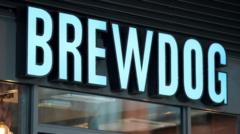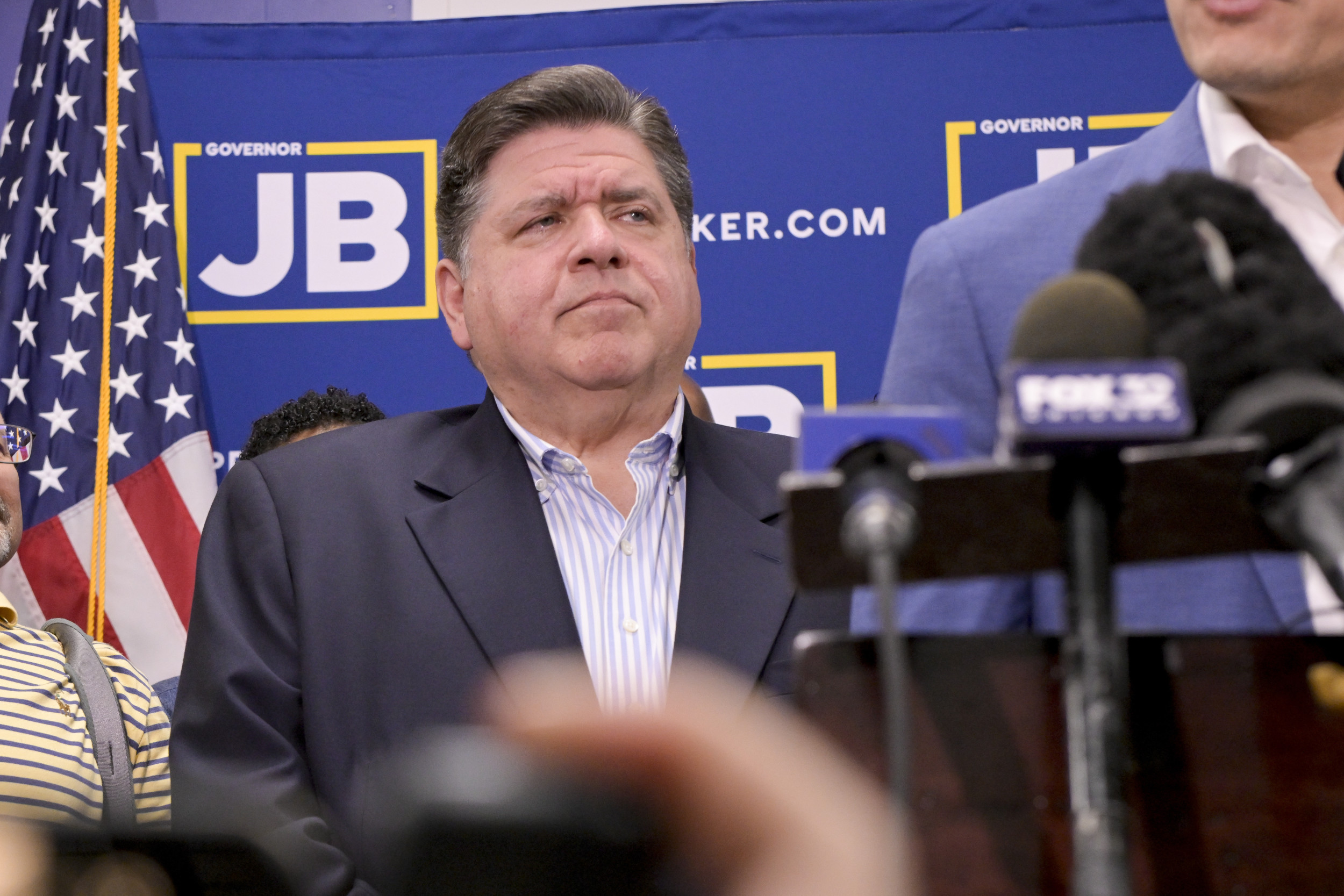Can Beer Really Cure Loneliness? BrewDog's Controversial Ad Banned!

BrewDog's Advertising Controversy: Understanding the Implications of Alcohol Marketing
The recent controversy surrounding BrewDog's advertising campaign for its Wingman beer has highlighted the complex relationship between alcohol marketing and consumer perception. The Advertising Standards Authority (ASA) has banned the poster, claiming it implied that alcohol could serve as a remedy for boredom, loneliness, and frustration. This incident not only raises questions about advertising ethics but also touches on the broader societal implications of how alcohol is portrayed in media. In this article, we’ll explore the details of the ad, the ASA's ruling, and the implications for BrewDog and the alcohol industry as a whole.
The Content of the Controversial Ad
BrewDog's ad for Wingman beer featured a militaristic theme, with the tagline: "BrewDog. Always Got Your Back." The ad presented various scenarios where life could go awry—WiFi failures, unpredictable weather, and delays caused by friends—before positioning Wingman as a steadfast companion. BrewDog argued that the ad was about promoting the beer's reliable quality and did not imply any therapeutic benefits.
However, the ASA's interpretation suggested otherwise. They noted that phrases like "always on station" and "mission-ready" could imply that the beer was a solution to feelings of frustration and loneliness. The ASA concluded that such implications could lead consumers to view alcohol as a means of coping with negative emotions, which breaches advertising standards.
Understanding the ASA's Ruling
The ASA's decision came after receiving a single complaint about the ad. Despite BrewDog's defense, the watchdog emphasized that the portrayal of alcohol in relation to emotional states like boredom and loneliness could be problematic. The ruling serves as a reminder of the responsibilities that brands have when marketing alcoholic beverages, particularly in how they address consumer emotions.
The ASA's comments indicate a growing concern over how advertisements for alcoholic drinks can influence public perception and behavior. By implying that drinking can alleviate negative feelings, the ad risks promoting unhealthy drinking habits among consumers. This ruling is particularly significant as it underscores the delicate balance between creative marketing and ethical responsibility.
Previous Advertising Controversies Faced by BrewDog
This is not the first time BrewDog has faced scrutiny from the ASA. In July 2022, the company sent out an email marketing its fruit-flavored beers as part of a "five-a-day" diet, which the ASA deemed misleading. Just a year prior, they faced backlash over a promotion that involved gold-plated cans, which left some customers feeling deceived. Each of these incidents reflects a broader trend of regulatory scrutiny toward alcohol marketing.
The Broader Impact on the Alcohol Industry
The BrewDog incident raises questions about the regulations surrounding alcohol advertising. With increasing awareness of the potential harms of alcohol consumption, marketing strategies need to evolve. Regulations like those enforced by the ASA aim to protect consumers from misleading advertisements that could encourage irresponsible drinking behaviors. Companies in the alcohol industry may need to rethink their marketing approaches to align with these changing standards.
Consumer Responsibility and Awareness
While companies must adhere to ethical advertising practices, consumers also play a crucial role in navigating the alcohol landscape. Awareness of marketing tactics, understanding the implications of alcohol consumption, and making informed choices are essential for responsible drinking. It's important for consumers to recognize that advertisements often exaggerate the benefits of products, particularly when it comes to alcohol.
The Future for BrewDog
Following the ASA's ruling, BrewDog stated their disappointment and commitment to ensuring future advertisements do not imply that alcohol can resolve personal issues. This incident may serve as a pivotal moment for the company, prompting them to reevaluate their marketing strategies. As BrewDog continues to expand its global presence, it will be vital for them to navigate these challenges carefully.
Conclusion: The Evolving Landscape of Alcohol Advertising
The BrewDog case encapsulates the ongoing debate about alcohol marketing and its effects on consumers. As regulations tighten and public awareness grows, brands must tread carefully in their advertising strategies. The ASA's ruling serves as a reminder that while creativity in marketing is essential, it must never come at the expense of consumer welfare. The alcohol industry is at a crossroads, where responsible marketing is not just a legal obligation but also a moral one.
FAQs
What was the main issue with BrewDog's Wingman ad?
The ASA ruled that the ad implied drinking alcohol could overcome feelings of boredom, loneliness, and frustration, which violated advertising standards.
Has BrewDog faced advertising issues before?
Yes, BrewDog has previously faced criticism from the ASA for misleading claims regarding its fruit-flavored beers and promotions involving gold-plated cans.
What are the implications of alcohol advertising regulations?
Regulations aim to protect consumers from misleading advertisements that could encourage unhealthy drinking habits, ensuring that marketing practices are responsible and ethical.
As the alcohol industry continues to evolve, how do you think companies like BrewDog can adapt their marketing strategies to align with consumer expectations and regulatory standards? #BrewDog #AlcoholMarketing #AdvertisingEthics
Published: 2025-08-06 10:56:13 | Category: technology



